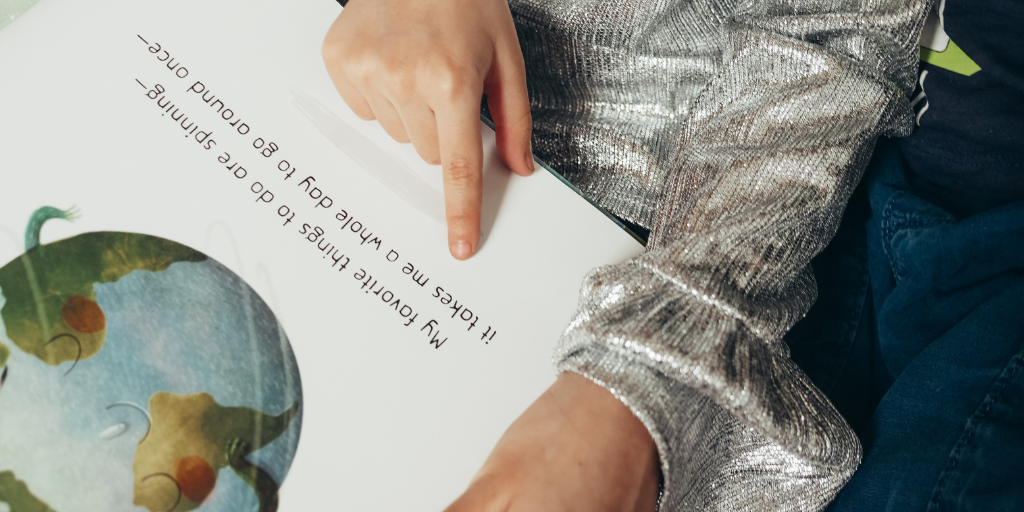Your local ELC shares how childcare centres teach foundational literacy skills in children under 5, and how these methods can be incorporated into your own parenting.
Your Early Learning Centre childcare centres have a strong focus on the education of children while they are in our care. When your child is at one of our centres, one of the many things we are doing is making sure we develop their early literacy skills.
Below, we’ll give some of the ways childcare teaches literacy skills in children before they get to school age, and how you can incorporate these at home.
1. Verbal Language Skills
Think about when you learn a new language. You don’t just learn the alphabet—you learn how to understand words and sentences at the same time. Verbal language ability is a core literacy skill, and is one of the most important in children below five years old.
At a childcare centre, literacy is improved by educators teaching verbal language skills by introducing children to new words and phrases. We also work on clear pronunciation by encouraging children to speak often to get more practice in.
You can create a good verbal language learning environment at home by:
- speaking slowly, at a pace your child can keep up with
- using simple and consistent language to communicate with your child
- encouraging children to use their words
- describing the world around you so your child can hear words applied in context
2. Following the Early Years Learning Framework
Your ELC follows the Belonging, Being, Becoming framework, the nationally approved Early Years Learning Framework (EYLF) for children aged 5 and under created by the Australian Children’s Education and Care Quality Authority.
The EYLF ensures that childcare educators design their rooms and programs with children’s confidence and creativity in mind. Following the EYLF makes sure that children are confident enough in their own wellbeing to engage with learning challenging new skills.
The EYLF acknowledges the key responsibility of the family in early childhood, saying that families are, “children’s first and most influential educators.” At home, make sure your child is comfortable and provided opportunities to spark their curiosity. This will go a long way in having your child actively seek out literacy skills, rather than it being forced upon them.
3. Reading Time
Books are provided in every room in childcare centres, appropriate for each age. For babies and toddlers simple books teaching words as well as lift-the-flap books are great for basic literacy skills and fine motor skills. Most books for children under 5 are picture books. As children reach Kindergarten age, the picture books in the room have more text and more complex sentences. Childcare must develop literacy skills appropriately, and at each child’s level.
Educators often plan a daily group reading time, an activity which develops connections between a spoken word and its visual written counterpart.
Children should have access to books during free play time as well as during group reading time, so they can request the next story and feel supported. At home, incorporate book reading into your routine to strengthen connections between verbal and written words.
4. Room Layout and Activities
The layout of a childcare room and the activities children engage with each day are carefully planned by educators. Educators use activities such as flashcards and letter tracing to develop literacy skills directly. Developing familiarity with written language is also important, so decoration involving written words and toys with letters and numbers on them are found in the rooms.
Indirectly, the development of precision skills is crucial in later writing skills. Some activities which encourage fine motor ability and finger strength are:
- Sensory activities which encourage clutching, grabbing, and holding objects
- Drawing with crayons and pencils
- Painting with paintbrushes
Your ELC incorporates these learning strategies to teach foundational literacy skills in children aged 6 weeks to 5 years. If you’re looking for a childcare centre where your child can excel, book a tour with your nearest centre here, or call 3399 8079.
YOU MIGHT ALSO LIKE TO READ:
The Importance of Play to a Child’s Physical, Mental, and Social Development
We understand how important your child’s physical, mental, and social development is to you, it’s important to us as well. Your Local Early Learning Centre, explains how learning through play supports your child’s development in these key areas. – READ MORE






